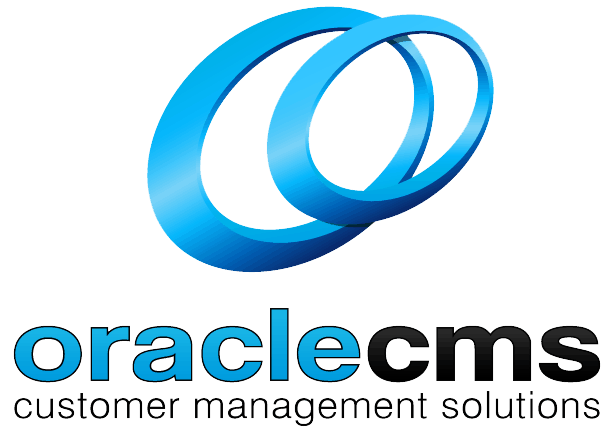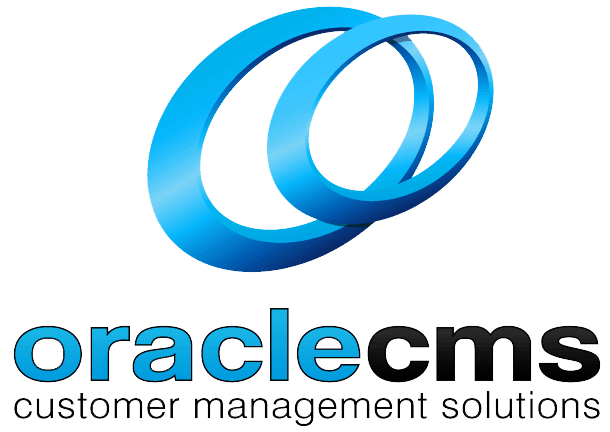What is Call Escalation?
Call escalation is a structured process that moves a customer enquiry or complaint to a more experienced agent, supervisor, or department
when it cannot be resolved at the first point of contact.
Escalations may occur for various reasons, such as technical complexity, policy limitations, or customer dissatisfaction, and follow a predefined escalation path to ensure the issue is handled efficiently.
For example, a customer service agent might escalate a call to a supervisor for authorisation of a refund,
or to a technical specialist for troubleshooting a system fault.
Effective call escalation relies on clear protocols, good communication, and appropriate agent training
to minimise disruption and avoid customer frustration.
Key Components of Call Escalation:
- Escalation Triggers: Conditions that warrant escalation, such as unresolved technical issues or a request for managerial review.
- Escalation Path: A defined hierarchy or sequence of steps that dictates who handles the issue at each level.
- Agent Training: Ensuring agents know when escalation is necessary and how to communicate context clearly to the next point of contact.
Why Call Escalation Matters
Call escalation ensures that customer issues are resolved promptly and effectively, even when they exceed frontline capabilities.
By managing escalations professionally, contact centres reduce handling times for complex cases, improve resolution rates,
and strengthen customer trust and satisfaction.
Related Terms:
- Escalated Call
- First Contact Resolution (FCR)
- Customer Satisfaction (CSAT)
- Service Level in Call Centres
- Escalation Path


